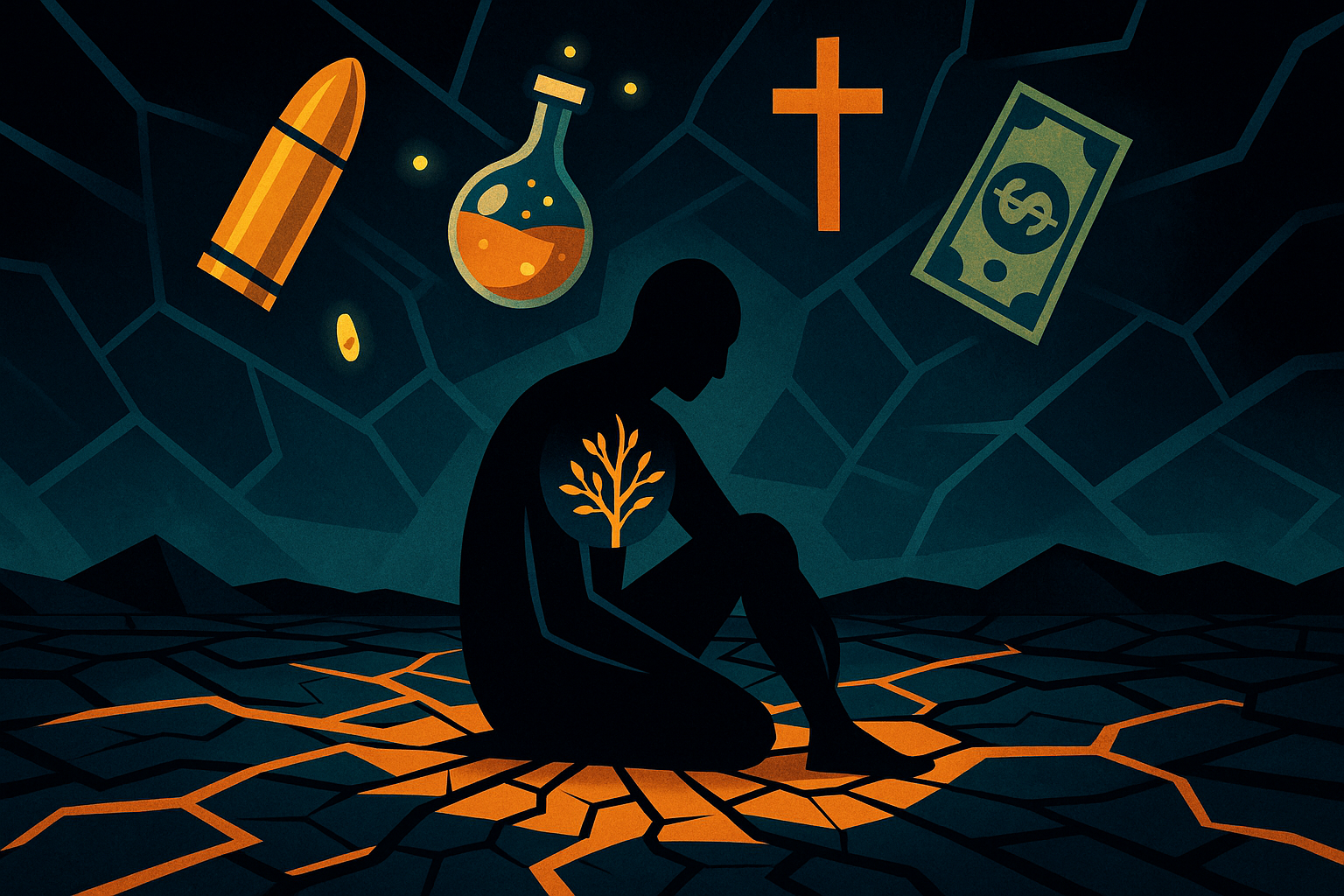You don’t necessarily have to be an addict in order for your drug and alcohol use to annoy members of your family or have a negative impact on your family’s dynamics. However, an addiction often forms around dysfunctional family behavior that can be aggravated by the addictive behavior.
Families in which parents are addicts have their own particular dysfunction. Instances are they will not able to their own children. Because of what they’ve witnessed as models for adult behavior, these children are at an increased chance of becoming addicts. Sometimes, as they mature, children of addicts may attempt to distance themselves from their parents’ compulsion. Only to find later on that they have abuse a different substance. This might happen, for instance, when a parent is an alcoholic. Even though the adult children of this parent don’t drink, they might develop an addiction to sex. Or might run up high debt because they are shopaholics.
 Families in which children are addicts often have problems distinguishing the difference between helping versus enabling the addict. Addicted family members should be handled with tough love. Don’t give in to the temptation to try to make the situation better for the addict. Only he or she can make the decision to get clean. Families in this situation must first make the addict aware that their behavior is unacceptable and then they must seek to heal from the trauma that addiction has caused in their daily lives. Sometimes the financial devastation of addiction (if family members are stealing money from other family members or opening fraudulent credit in their name) can takes years to set straight. In cases of theft or violence, family members often have to make the tough decision whether to involve law enforcement.
Families in which children are addicts often have problems distinguishing the difference between helping versus enabling the addict. Addicted family members should be handled with tough love. Don’t give in to the temptation to try to make the situation better for the addict. Only he or she can make the decision to get clean. Families in this situation must first make the addict aware that their behavior is unacceptable and then they must seek to heal from the trauma that addiction has caused in their daily lives. Sometimes the financial devastation of addiction (if family members are stealing money from other family members or opening fraudulent credit in their name) can takes years to set straight. In cases of theft or violence, family members often have to make the tough decision whether to involve law enforcement.
Dealing with Addiction
Usually, these extreme steps might be the final push that an addict needs in order to seek help. Addiction causes damaged on the normal family bonding. An addicted family members cannot be trusted. They usually cannot hold onto a job and may often go missing over night or for multiple days. They inevitably betray people who love them and more prone to violence. Above all, they are not able to attend to small children.
In addition to the emotional impact, the cost of an addict’s attempts at recovery might ruin the family financially. While the cost of buying drugs or alcohol can be a drain on a family’s budget, which may dwindle due to job loss, recovery programs can often be very costly, too. Many families dealing with addiction have to consider whether they might be better off filing bankruptcy, which can lead to the loss of future opportunities, such as the purchase of a home or the ability of your children to attend college. An addiction doesn’t just affect the person suffering from it; it affects everyone around him or her.
It is normal for the dysfunction of addiction to trigger feelings of anger, bitterness, resentment, jealousy, and many others from those who love a person abusing drugs or alcohol. The bottom line is that families should be very careful when dealing with addiction. It can damage relationships for years.



